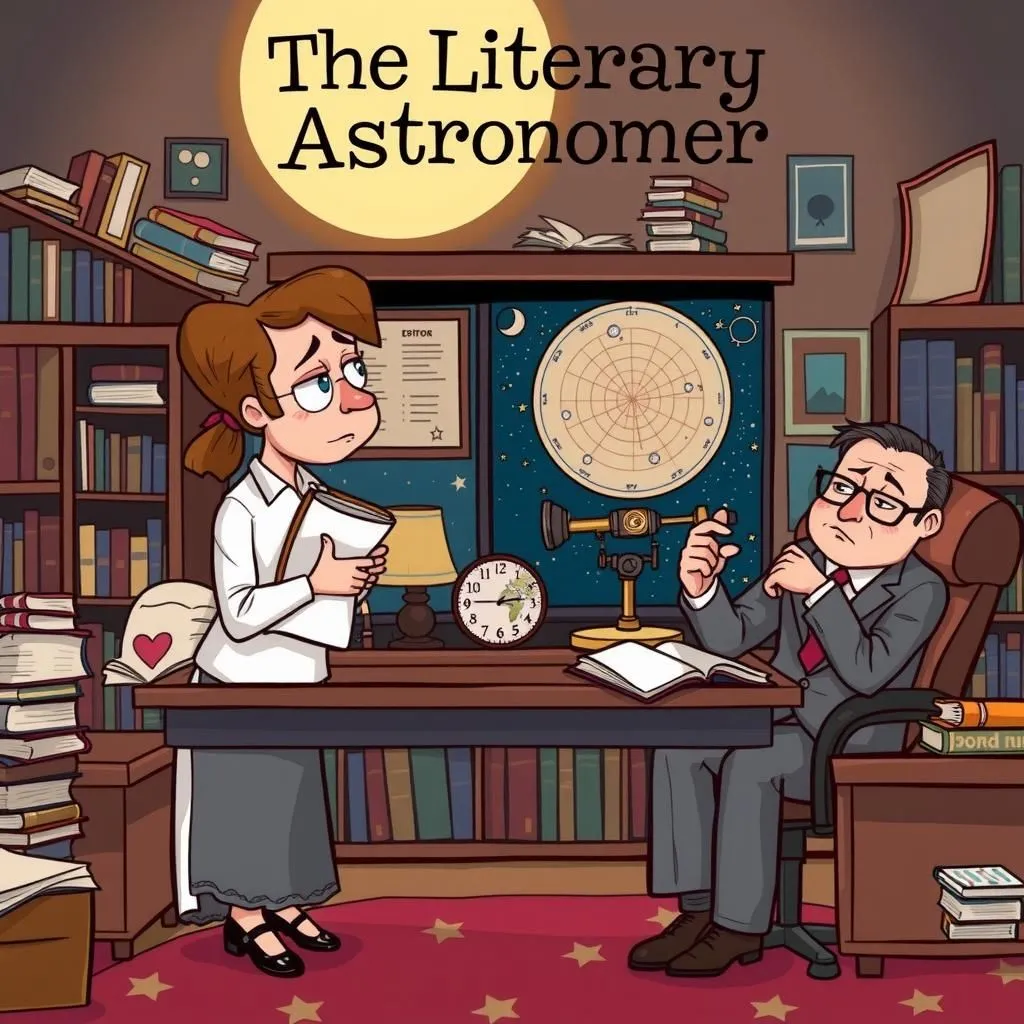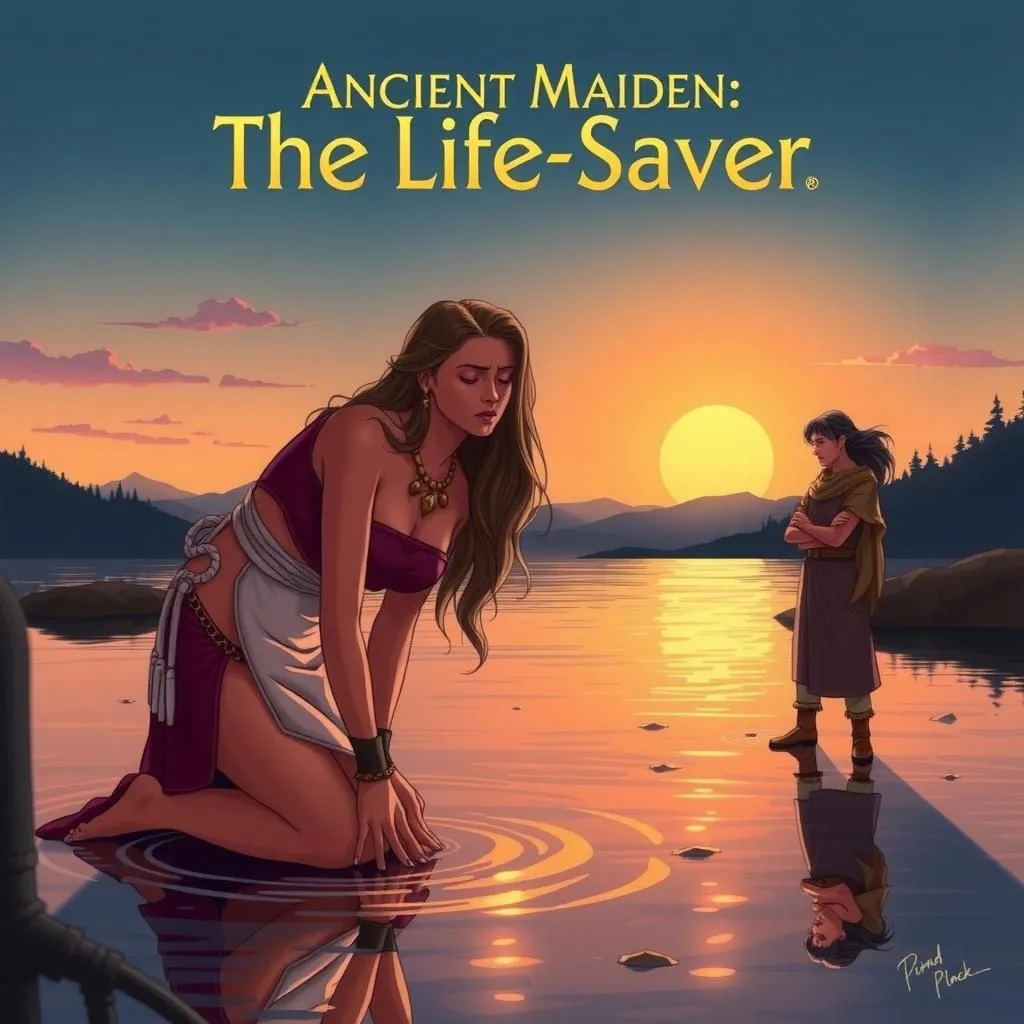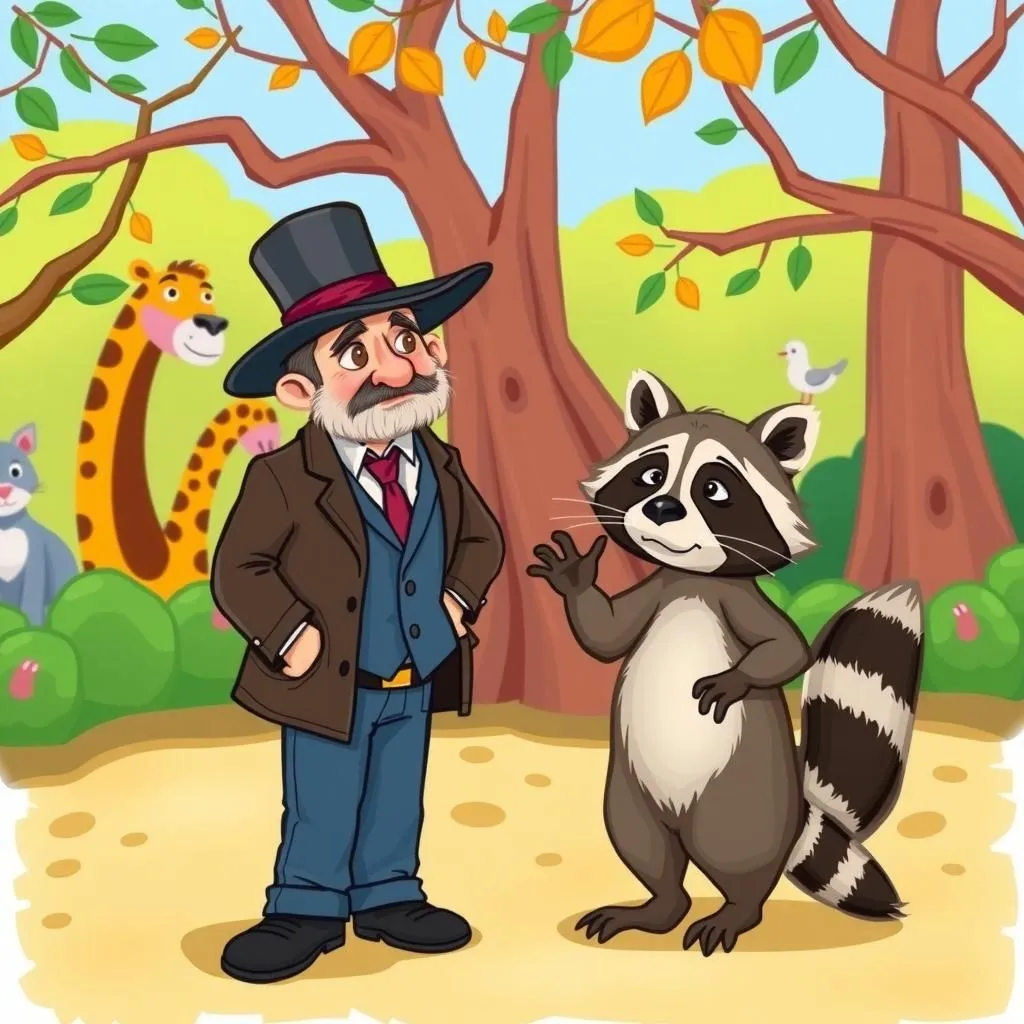
The Literary Astronomer
In "The Literary Astronomer," a Director of an Observatory, claiming to have discovered the moon, approaches an Editor to sell his account for $160, only to be told the payment is his responsibility. This thought-provoking moral story reveals the unexpected nature of transactions and the importance of self-correction, as the embarrassed Astronomer leaves to revise his manuscript after realizing he overlooked a crucial detail. This captivating tale serves as an inspirational short story with a moral about responsibility and humility, making it a valuable read for students.


